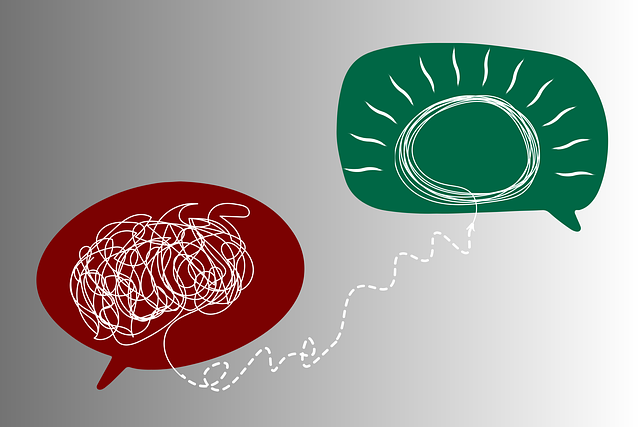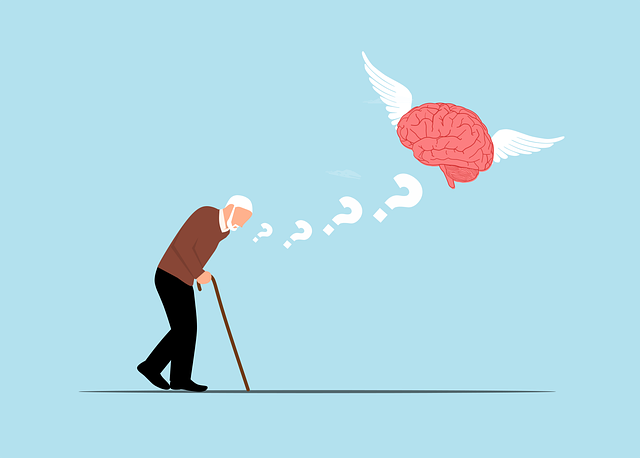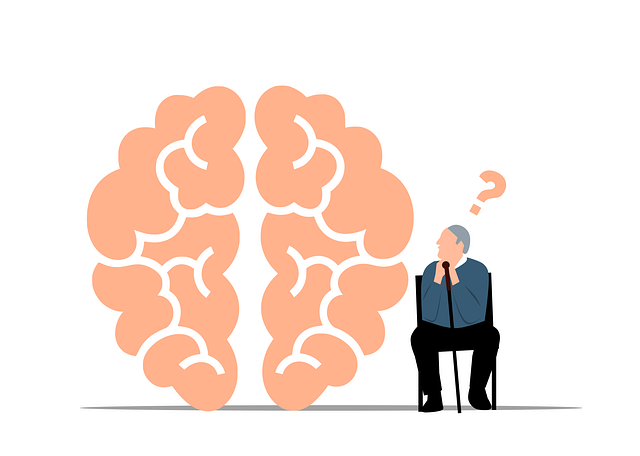Englewood Geriatrics Therapy addresses the unique stress challenges faced by older adults through comprehensive, holistic approaches. They recognize the mind-body connection and offer a range of therapeutic methods, including mindfulness, exercise, and relaxation techniques, to reduce chronic stress. By focusing on emotional well-being, cultural sensitivity, and evidence-based practices like CBT and progressive muscle relaxation, they improve mental health, sleep quality, and resilience. Englewood Geriatrics Therapy also emphasizes the benefits of healthy habits and social connections for stress management, providing tailored care plans that enhance the overall emotional well-being of their clients.
Stress reduction is a vital aspect of overall well-being, especially for geriatric populations facing its adverse effects. This comprehensive guide explores effective strategies to combat stress, focusing on the unique needs of the aging mind. We delve into the profound impact of chronic stress on seniors and present innovative solutions like Englewood Geriatrics Therapy, offering holistic approaches to healing. Additionally, we uncover lifestyle adjustments, evidence-based techniques, and the therapeutic power of nature and social connections for a calmer, more resilient mindset.
- Understanding Stress and Its Impact on Geriatric Populations
- Englewood Geriatrics Therapy: A Holistic Approach to Stress Reduction
- Lifestyle Modifications for a Calmer Mindset
- Evidence-Based Techniques for Managing Chronic Stress
- The Role of Social Connections and Nature in Lowering Stress Levels
Understanding Stress and Its Impact on Geriatric Populations

Stress is a prevalent issue among geriatric populations, often stemming from various factors such as physical health decline, social isolation, and financial worries. Understanding the unique challenges faced by this demographic is crucial for implementing effective stress reduction methods. Englewood Geriatrics Therapy recognizes that stress can have profound effects on mental and physical health, especially in older adults. The impact of chronic stress may include increased vulnerability to diseases, accelerated aging, and cognitive decline.
Promoting emotional well-being is a key aspect of addressing stress in the geriatric community. Techniques like mindfulness meditation, gentle exercise routines, and engaging in creative activities can help seniors manage their stress levels. Additionally, cultural sensitivity in mental healthcare practice plays a vital role. Understanding and respecting diverse cultural beliefs and traditions can create a safe and supportive environment for emotional healing processes to unfold.
Englewood Geriatrics Therapy: A Holistic Approach to Stress Reduction

Englewood Geriatrics Therapy offers a holistic approach to stress reduction, focusing on the interconnectedness of physical and mental well-being. This comprehensive method acknowledges that stress can manifest in various ways, affecting not just our minds but also our bodies. Therefore, their therapy practices extend beyond traditional talk therapies to incorporate activities like mindfulness meditation, gentle exercise routines tailored for seniors, and relaxation techniques designed to alleviate tension from the body.
By integrating these holistic strategies, Englewood Geriatrics Therapy aims to address the root causes of stress, fostering a sense of calm and balance that goes beyond temporary relief. This approach also supports individuals in developing long-term coping mechanisms, enhancing their resilience against stressful situations. Furthermore, the therapy prioritizes trauma support services and mental health policy analysis and advocacy, ensuring that every client receives personalized care that respects their unique experiences and needs, while also promoting self-esteem improvement.
Lifestyle Modifications for a Calmer Mindset

Adopting a healthier lifestyle can significantly contribute to stress reduction and enhancing mental wellness, as advocated by Englewood Geriatrics Therapy. Simple yet effective modifications include regular physical activity, which releases endorphins that promote feelings of happiness and relaxation. A balanced diet rich in fruits, vegetables, and whole grains fuels the body and mind, fostering overall well-being. Adequate sleep is crucial for stress management; prioritizing quality rest allows the mind and body to rejuvenate.
Additionally, engaging in mindfulness practices such as meditation or yoga can help calm the mind and cultivate positive thinking. The Englewood Geriatrics Therapy Mental Wellness Podcast Series Production offers valuable insights into these self-care practices, guiding individuals towards a more serene mindset. Incorporating these lifestyle changes can lead to a profound sense of tranquility and improved mental health.
Evidence-Based Techniques for Managing Chronic Stress

Stress is a pervasive aspect of modern life, but managing it effectively is crucial for maintaining emotional well-being. At Englewood Geriatrics Therapy, we recognize the profound impact chronic stress can have on older adults, and thus, we champion evidence-based techniques for its alleviation. Mindfulness meditation, cognitive behavioral therapy (CBT), and progressive muscle relaxation are powerful tools shown to reduce stress hormones, improve sleep quality, and foster resilience.
Our healthcare provider cultural competency training emphasizes the importance of personalized approaches that consider individual preferences and backgrounds. By incorporating communication strategies into stress management plans, we empower patients to actively participate in their care, fostering a collaborative environment that strengthens patient-provider relationships. Through these comprehensive methods, Englewood Geriatrics Therapy seeks to promote emotional well-being and enhance the quality of life for our clients facing chronic stress challenges.
The Role of Social Connections and Nature in Lowering Stress Levels

Social connections play a vital role in stress reduction, offering a support system that can help navigate life’s challenges. According to studies, strong social bonds and meaningful relationships contribute significantly to lower stress levels and improved mental well-being. Engaging with friends, family, or support groups provides an outlet for emotional expression and fosters a sense of belonging, which is crucial for managing stress effectively. The support and understanding offered by loved ones can help individuals process difficult emotions and provide a buffer against stressful life events.
Nature, too, acts as a powerful stress reliever. Spending time outdoors, whether it’s a walk in the park or a hike in the woods, offers a respite from daily pressures. Research highlights that engaging with nature enhances self-awareness exercises and promotes mental health awareness by calming the mind and reducing anxiety. The serenity of natural environments allows individuals to disconnect from stressors, fostering a sense of tranquility and peace. Englewood Geriatrics Therapy recognizes these benefits, incorporating nature-based activities into their trauma support services to holistically address stress management for all ages.
In light of the above discussions, it’s clear that stress reduction is a multifaceted approach, especially for geriatric populations. From understanding the impact of stress to adopting evidence-based techniques and leveraging social connections and nature, there are various effective strategies. Englewood Geriatrics Therapy offers a holistic approach that combines these methods, providing a comprehensive solution for managing chronic stress. By integrating lifestyle modifications and exploring therapeutic interventions, individuals can achieve a calmer mindset and enhance their overall well-being.














